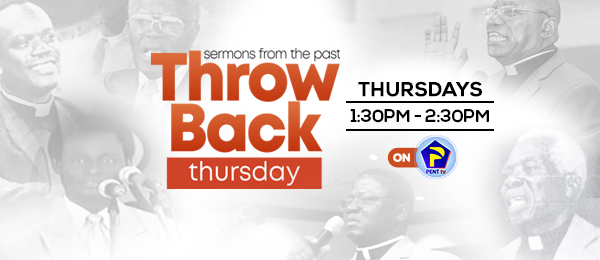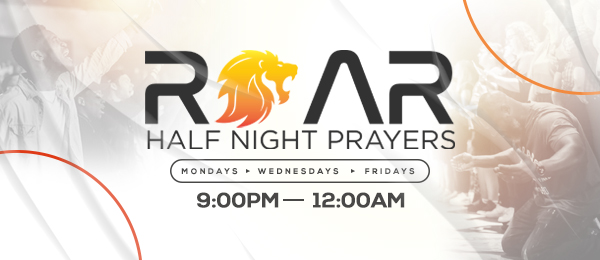
The National Labour Commission has urged the Mortuary Workers Association of Ghana (MOWAG) to halt its plans to embark on a strike.
The association has threatened to strike from Thursday, October 1, as a result of failure on the part of the Ministry of Health to address their demands for improved conditions of service.
Speaking to Citi News, the Executive Secretary of the National Labour Commission, Ofosu Asamoah, said the Commission will on Friday, October 2 meet the Mortuary Workers Association to have outstanding matters resolved.
“We’ve asked them to hold onto the strike whilst the commission hears this matter… You cannot be on strike and still be appearing before the Commission so the only way they can have the matter heard is to suspend the strike,” he explained.
He noted further that “there was an ongoing process to pay them, and I am sure it terminated at a point, and we did not receive notice of it.”
Meanwhile, the Deputy Minister for Employment, Bright Wireko-Brobby, says his outfit has scheduled a meeting with the Association later on Tuesday, September 29.
“Earlier on they had tabled a few things and I know they were working on it until COVID-19 started so as a Ministry, we are yet to know where Fair Wages and the Ministry of Health have gotten to regarding their request,” the Deputy Minister said in an interview with Citi News.
Demands of mortuary workers
Aside from issues of unresolved salaries, allowances, job placements and promotions, the workers are also demanding the 50 percent bonus promises by the President to motivate frontline health workers.
They have also raised concerns over the mechanisation and employment of mortuary workers as long ago agreed by the government.
The non-provision of adequate Personal Protective Equipment (PPE) to guarantee safety against the pandemic and other diseases that they are confronted with is also one of their concerns.
In addition, there are concerned with the victimisation of some members of the association by some institutional heads.






















